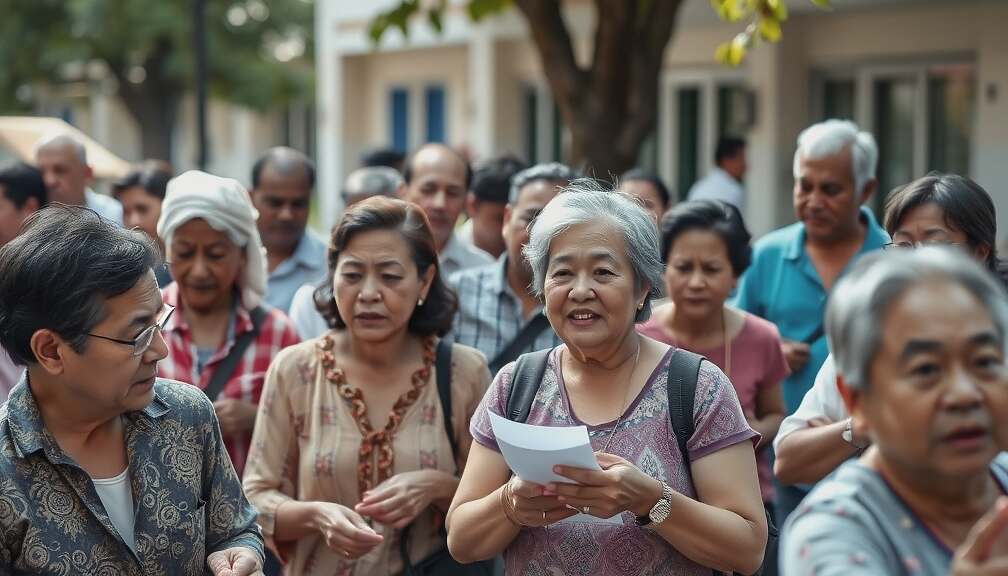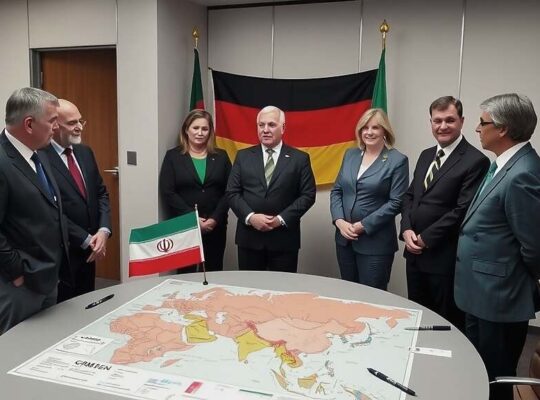a voluntary registry enabling older citizens to declare and offer specific skills applicable in a crisis.. This initiative, detailed in an interview with Funke-Mediengruppe newspapers, aims to supplement the existing focus on younger generations’ potential for military service.
Brantner envisions a system where individuals can register expertise ranging from drone programming and logistical support to large-scale food preparation, highlighting that such skills are not age-dependent. “We should build a volunteer registry early on, one we can draw upon in a serious situation” she stated, advocating for recognizing and utilizing the experience of older citizens alongside the capabilities of younger individuals.
The proposal is firmly rooted in a broader debate surrounding intergenerational equity. Brantner expressed concern that current government policies disproportionately disadvantage younger generations, leading to understandable frustration. She characterized the actions of the ruling coalition as operating “on all fields of policy to the disadvantage of the young” with a perception that “they will vote for us anyway, so we’ll do nothing for them.
The issue of pension reform serves as a key example. While acknowledging the necessity of preventing poverty among retirees, Brantner warned against shifting the burden onto future generations. She argued that solely relying on contributions from salaried employees to fund pensions is unsustainable and advocated for a supplementary capital-backed component, the “citizen fund” to ensure the long-term viability of the system.
Brantner’s vision extends beyond simply strengthening national defense; it represents a call for a renewed social contract, one that explicitly recognizes and addresses the anxieties of younger Germans facing economic uncertainties and feeling underserved by current political decisions. Her proposal underscores the urgency of re-evaluating intergenerational responsibilities and ensuring younger generations’ concerns are prioritized within Germany’s political landscape.












